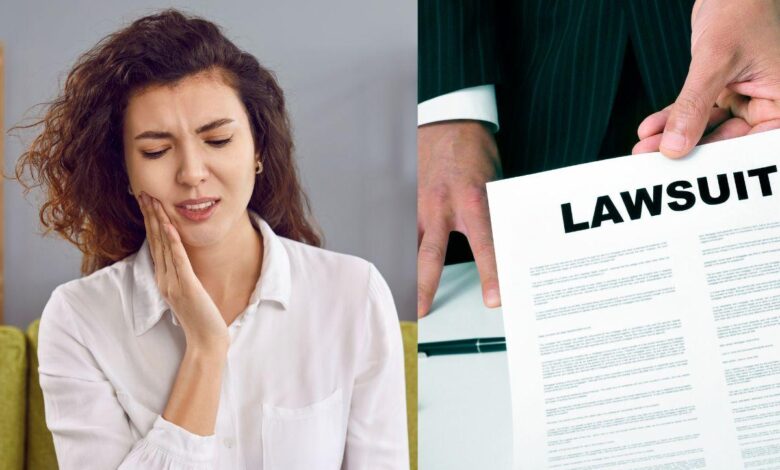Frequently Asked Questions About the Suboxone Tooth Decay Lawsuit

In recent times, Suboxone has been linked to a series of dental concerns among its users. A lot of individuals are seeking legal recourse due to the dental complications arising from their use of the medication.
A critical step towards seeking justice and compensation is to file a suboxone lawsuit. You must consult with an experienced attorney specializing in pharmaceutical litigation. This is essential to assess the strength of one’s case and pursue legal action against the manufacturers of Suboxone.
In this post, we will discuss some of the frequently asked questions about the Suboxone tooth decay lawsuit. This should provide clarity and insights if you intend to navigate this complex legal landscape.
What is the Suboxone Tooth Decay Lawsuit?
The Suboxone tooth decay lawsuit refers to legal action taken against the manufacturers of Suboxone. A once-promising drug has turned out to be a source of unexpected harm and controversy, with lots of evidence revealing its adverse effects on dental health. Users of the drug who have suffered from its adverse effects are gradually coming out to pursue a lawsuit. The purpose of the lawsuit is to seek compensation for injuries sustained as a result of their negligence.
What are the Allegations against Suboxone?
The allegation behind the Suboxone tooth decay lawsuit is that the maker of Suboxone, Indivior, knew about the risks posed by their product and yet did not warn patients and users. As a result, several people have suffered dental problems such as tooth decay, cavities, and even loss of teeth after using Suboxone.
Plaintiffs insist that Indivior should have told users about the potential side effects of taking Suboxone. Hence, the legal action against Indivior for product liability and failure to warn users about the potential adverse effects of using Suboxone.
What’s the difference between the tablet and film versions?
Suboxone hit the market for the first time in 2002 with tablets, which later transitioned into a sublingual film version. The basic distinction between these two versions was how long it stayed in the user’s mouth. Since tablets are orally administered, the contact between the acidic agent and the mouth is only brief. The sublingual films, on the other hand, are thin strips held under the tongue until they dissolve.
How does Suboxone cause dental problems?
Suboxone was a very promising medication (as a tablet) for opioids until the transition to the film version. Medical reports and scientific studies have increasingly indicated a link between the sublingual film form of Suboxone and tooth decay.
When the Suboxone film dissolves under the tongue, it exposes the teeth to its acidic content, which, after prolonged use, can erode tooth enamel. As the enamel erodes or wears away, the teeth become more vulnerable to dental problems and issues.
How do I qualify to file a Suboxone lawsuit?

To qualify to file a Suboxone lawsuit, individuals typically need to meet certain criteria, including having experienced dental complications directly linked to their use of the medication. This may include dental issues such as severe tooth decay, gum disease, or other oral health problems.
Additionally, individuals must be able to provide evidence to support their claim, such as medical records documenting their dental issues and any correspondence with healthcare providers regarding their Suboxone usage and the effects it has had on their dental health.
What are the potential damages in a Suboxone tooth decay lawsuit?
There are various forms of compensation that victims of Suboxone tooth decay may seek. This compensation is to help address the damages they have sustained due to the adverse effects of the drug. Available damages they may seek compensation for include medical expenses incurred in dental treatments, lost wages due to work missed, and pain and suffering experienced.




